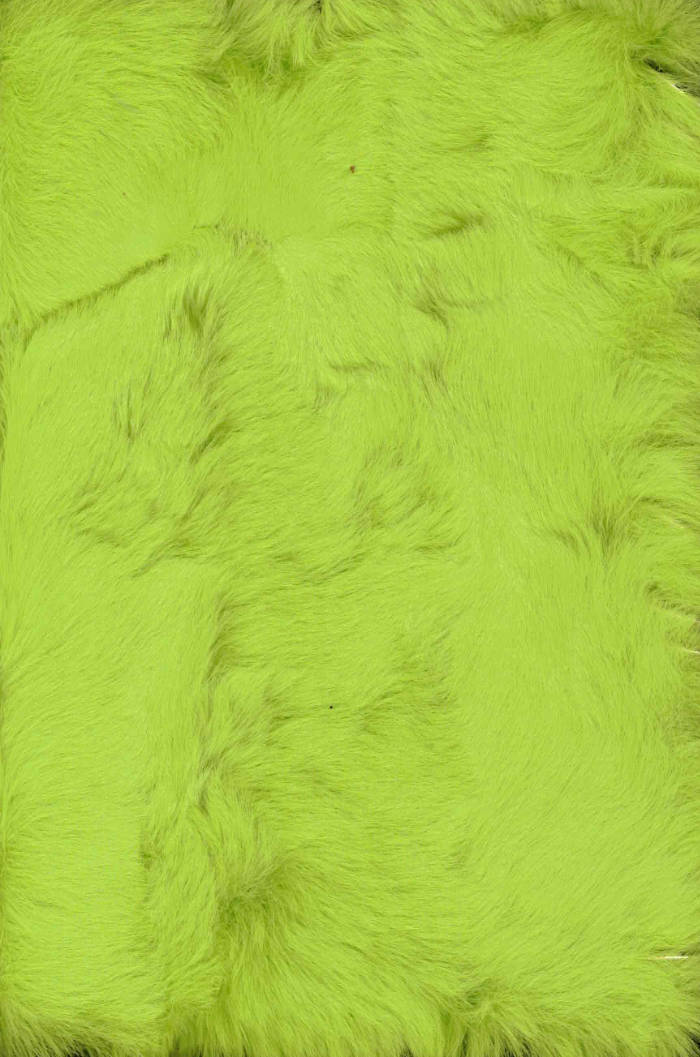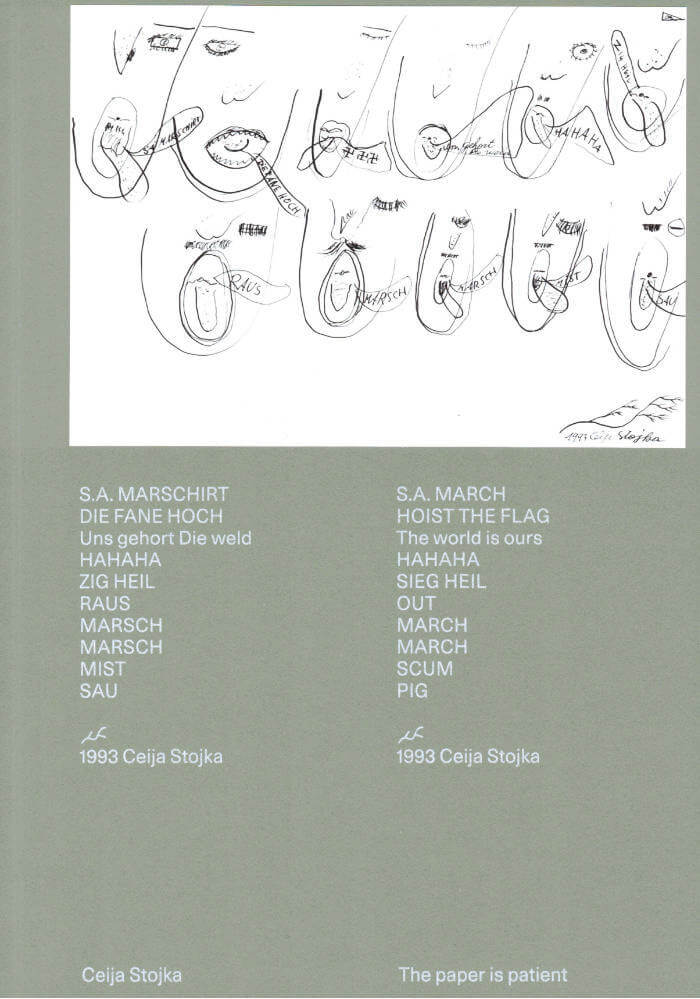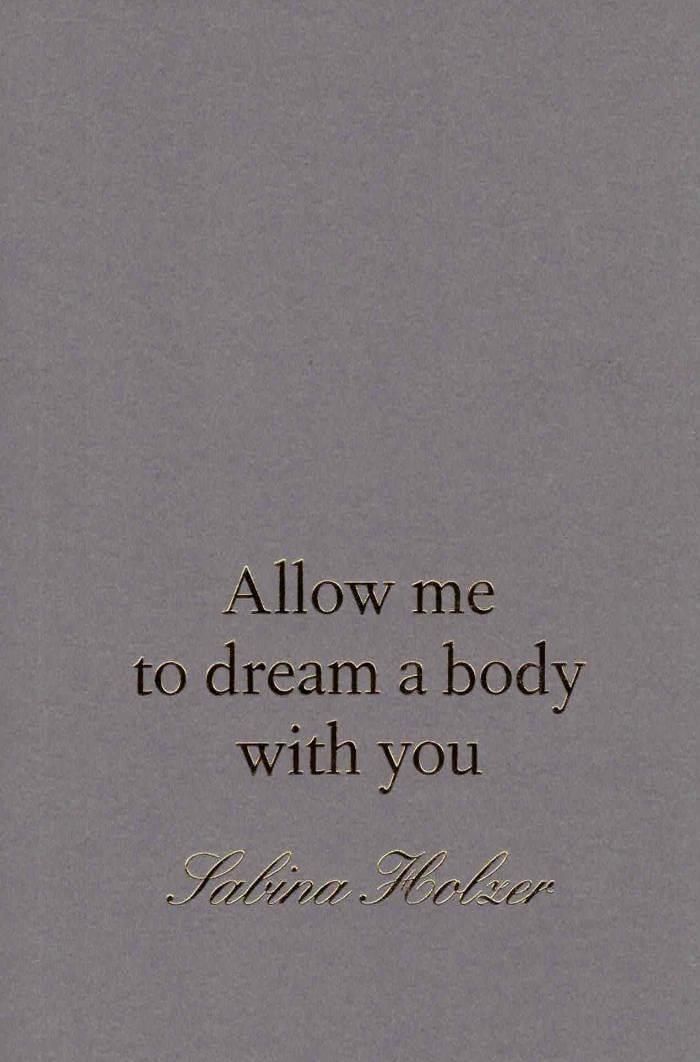
FUNGI
Dries Segers photographed all tangible fungi organisms in Dudenparc Brussels. Fungi are the oldest living species on our planet. They build and spread their communities across human borders continents laws … They take over land without asking permission. They clean up toxic messes in disturbed landscapes and shake the land back to life to create livable grounds for animals plants and maybe humans. They have the power to transport energy between weaker and stronger trees to keep forests alive or to kill them. Their spores are invisible and spread and spread and spread.
“The uncontrolled lives of mushrooms are a gift — and a guide — when the controlled world we thought we had fails.” — Anna Lowenhaupt Tsing
Published 2019
36 pages 28×42 cm
design: Chloé D’hauwe & Ine Meganck
text: Hannah De Meyer
print: Stockmans Duffel
Language: English







